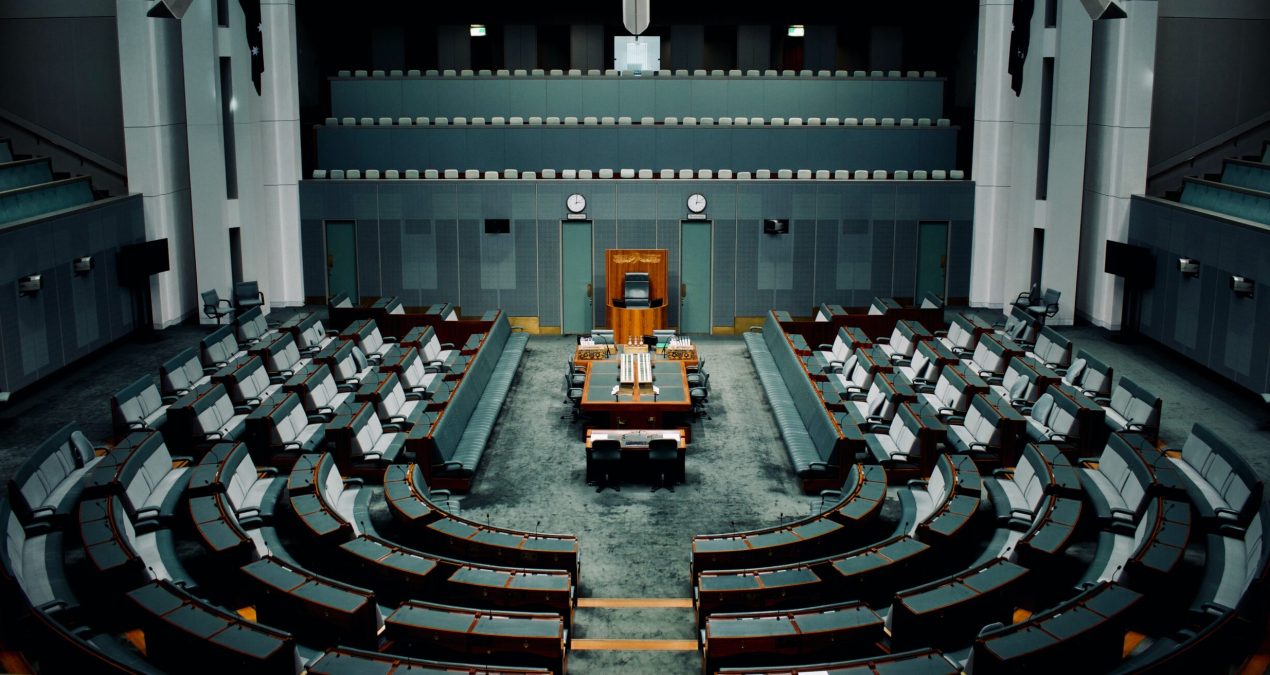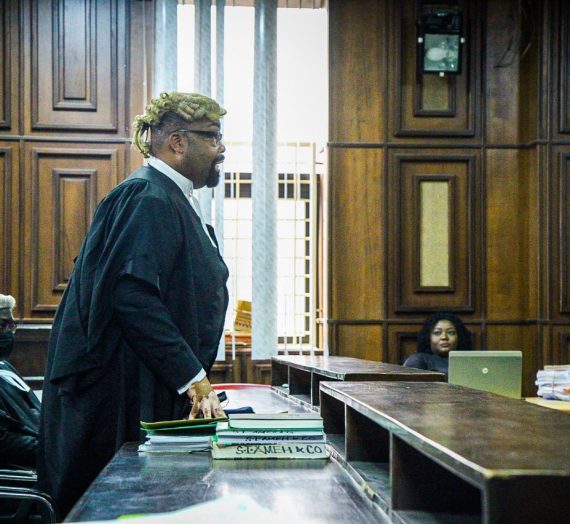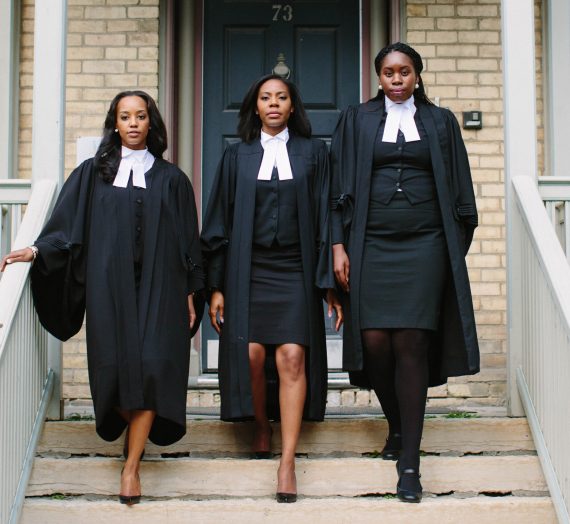I remember the class and the lecturer. But the day of the week I cannot recall at this moment. The class was the Law of Evidence and the Lecturer was an Elderly male Lawyer with a fair skin (Name withheld). It was the last class on evidence for the semester. So the Lecturer began a review of the course work done during the semester till that point. Exams were fast approaching so everyone needed some shaping before Ds and Es would ‘jam’ people’s children.
I know I heard his first words and then this heavy evil spirit of untimely sleep came upon my eyelids, causing my head to nod like that of an impregnated agama lizard. I fought to keep my eye balls open and facing the dear Lecturer. Oh how I wanted to just stare at him at least. But the more I tried; the more I nearly fell off my seat.
However, once he said something to the effect of ‘that is the end of our course work for this semester’, the dose of sleep threatening to send my head rolling, immediately left me and my eyes started shining like those recently rinsed in local gin. No sleep, no nodding. All just seized.
Fast forward to some years later; I was tasked to conduct a hearing – the cross examination precisely. The law of Evidence I had dosed in front of; now stared me in the face literally and I dared not dose this time.
But I hold the respectful view and dare say before the point of cross examination, a case can be won or lost from the pleadings and evidence in chief. Why do I say so?
As Lawyers, we believe in Justice. And many times; we believe the task of the Court is to find the truth of what actually happened in any given case so that justice can be achieved. I believe in justice but I share the view that in many cases than none; judicial business is not an inquiry into the truth, but an inquiry into facts that can be proved by credible and admissible evidence.
So, however we see it, justice does not walk around unclad. Rather she is very piously dressed in long flowing gowns of evidence and due process. This is where i believe the lawyer’s job comes in.
The client is the master of the facts. As lawyers it is not our job to manufacture facts but once we have the facts, we are to handle them professionally. The first port of professionally handling the facts is really the pleadings. The rules of pleadings when not obeyed, could mar the chances of a party obtaining judgment in his favour. Sometimes it is needful to pull apart the pleadings by asking very simple and salient questions such as;
- What exactly is the adverse party saying?
- What exactly has he NOT said?
- What evidence does he intend to rely on as proof of his assertions?
- Are these pieces of evidence admissible in law or do they suffer some other defect that could weigh negatively on their credibility?
The questions above are surely questions for the attack. We could add more to them to ensure we have surveyed the suit from as many angles as possible and then have settled our preferred mode of contesting it (with the facts at our disposal). But on our own part, we have work to do as well.
The Client has given us facts as well. Our job has also started. We are to satisfy the conditions that will transform the hard facts into admissible evidence, evaluate the weight of the evidence we intend to rely on and review our case strategy from time to time. We also must look closely so that we can tell apart mere speculation from hard evidence as well as second-information or embellished hearsay from hard evidence. If the adverse party’s lawyer does not sniff out the loops in our case out, the Judge may and if the Judge does not, the three wise Men may so do. And when they do not the infallible panel of 7 or 5 Law Lords may do so to our own peril.
Litigation Notes are a series of short courtroom and practice lessons gleaned from the personal practice journal that chronicles the green wig years of Frederick Nkobowo Esq. They represent his considered and respectful opinion which could change as his age at the bar inevitably progresses. It is respectfully hoped that these notes would proffer some aid to other practitioners even as the writer looks to gathering more learning. He practices in Delta State and can be reached via fredericknkobowo@gmail.com



